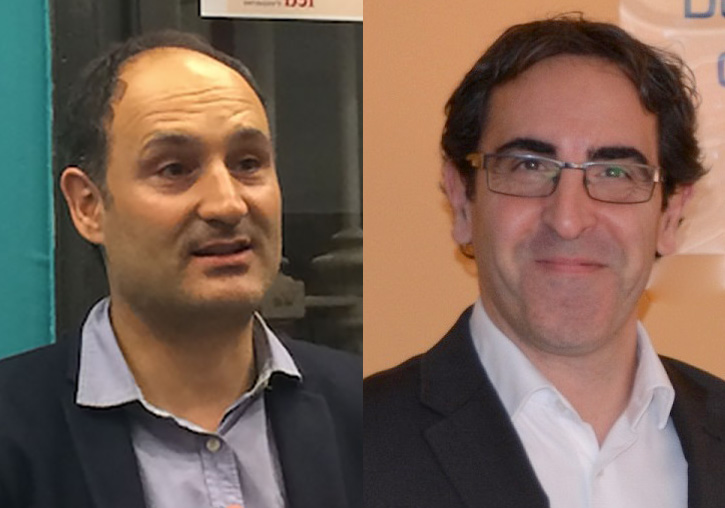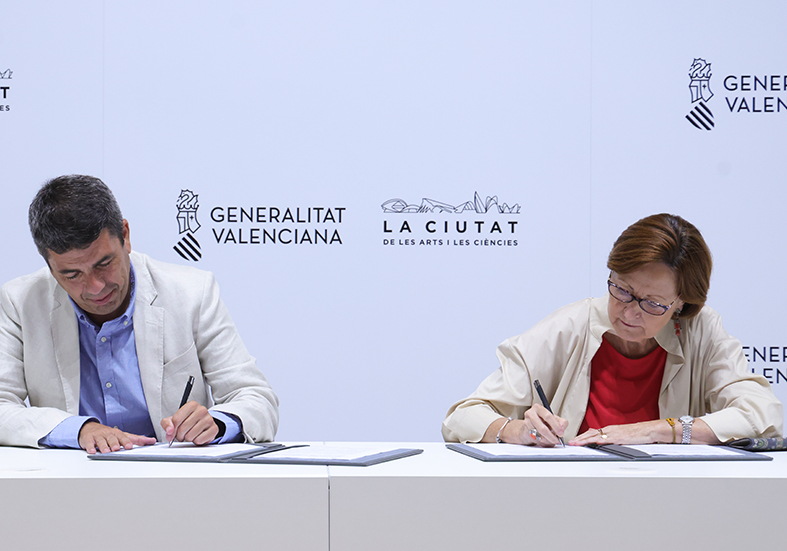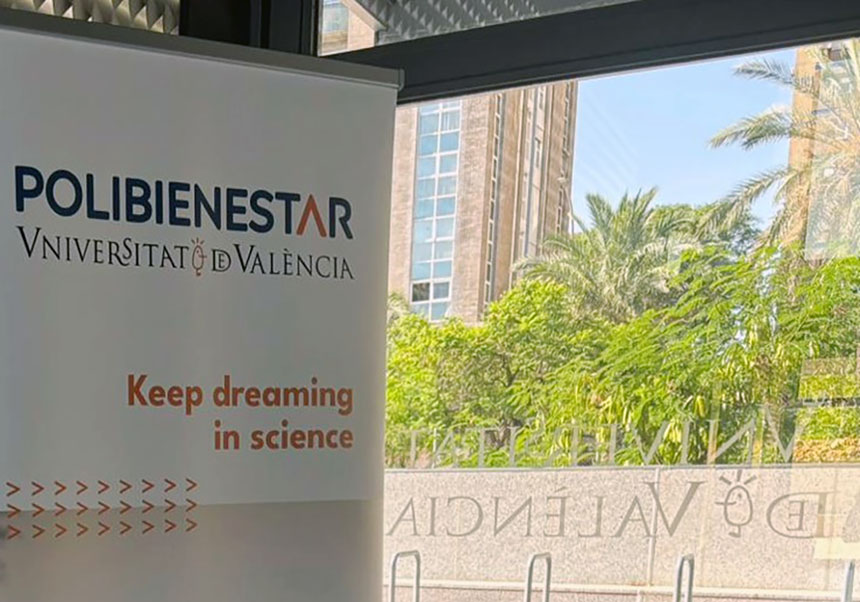Podemos, Ciudadanos and Vox have less capacity than PSOE and PP to retain their regional candidates
- Scientific Culture and Innovation Unit
- December 19th, 2022

A study by Juan Rodríguez Teruel and Oscar Barberà, researchers from the University of Valencia, analyses the regional lists proposed between 2011 and 2020 by the five main Spanish parties at the state level, in which, compared to other periods, there are a large number of candidates who do not repeat. Regarding this discontinuity, the study concludes that, among all the parties, PP and PSOE have been the forces with the least change on their lists, so the presence of new forces (Ciudadanos, Podemos and VOX) has had a modest influence on the renewal of candidacies (“recruitment”) at a general level.
Rodríguez Teruel and Barberà, researchers from the Department of Political Science and Administration of the University of Valencia, affirm that the discontinuity of candidacies favours the renewal of the ideological offer and an increase in political competitiveness and that greater continuity is expected in the new political forces having less seniority and resources, and a greater discontinuity in the traditional parties. But the situation is the opposite: Ciudadanos, Podemos and VOX show a marked discontinuity, while PP and PSOE repeat their candidacies more.
The parties with higher renewal rates are due to the greater volatility of their membership. The most obvious example of this situation is Vox, where less than 4% of those eligible in 2015-2016 repeated on the lists four years later, which would point to a change in expectations of accessing institutions. And the opposite happens in the two big parties, whose stable membership allows them to have more fixed lists.
Between 2011 and 2020, 19,880 positions were presented in the regional candidacies, of these, 86.1% ran as candidates only once, while the remaining 13.9% repeated at least once as a candidate during this decade, the researchers maintain in a chapter of the book Las elecciones autonómicas (2017-2019), recently published by the Centre for Sociological Research (CIS).
For Rodríguez Teruel, “this is a very illustrative indicator of the difficulty of the new parties to consolidate human groups within their organisations. Despite the fact that they are parties with less affiliation than the traditional ones, the people who go through their lists do not usually repeat, which surely points to a high inability of these forces to retain their activists and, with it, to generate institutional stability where they get representation”.
Regarding the percentage of candidacies that are repeated in the regional elections held between 2011 and 2020, PP appears as the party with the greatest stability, with 25% of candidates that repeat on the lists. It is followed by PSOE with 16%. With a smaller percentage appear Ciudadanos (8%), Podemos (7%) and Vox (4%).
The stability in the candidacies leads to an accumulation of experience, which becomes a factor of ascent in the lists. Thus, repeat candidates occupy better starting positions. Only 3.3% of those who presented themselves as candidates only once headed the electoral list.
Book: Llera, F. J., Lagares, N. & Montabes, J. (2022). ¿Cuánto ha cambiado la oferta política? El impacto de los nuevos partidos en el reclutamiento de los candidatos en Centro de Investigaciones Sociológicas (Ed.) Las elecciones autonómicas (2017-2019)
File in: Investigació a la UV , Facultat de Dret , Finançament recerca , Internacionalització recerca , Difusió i comunicació científica , Recerca, innovació i transferència
















